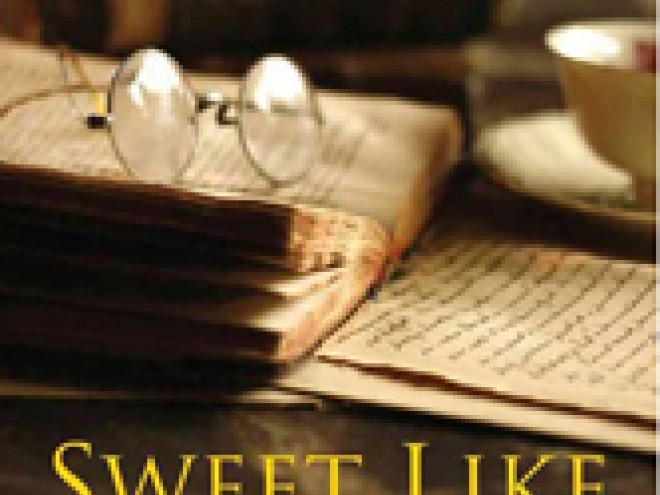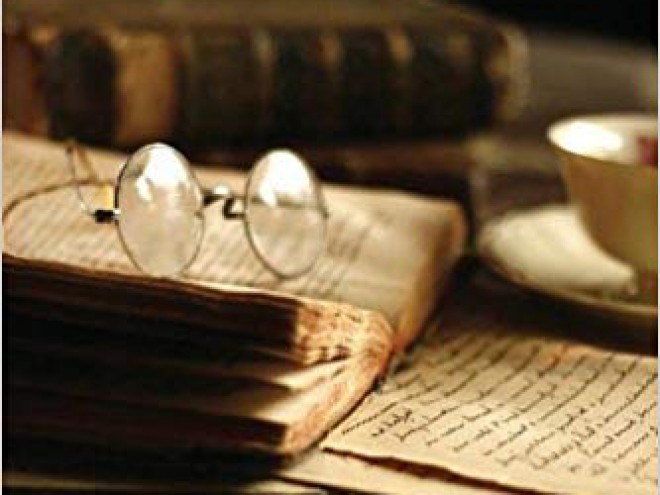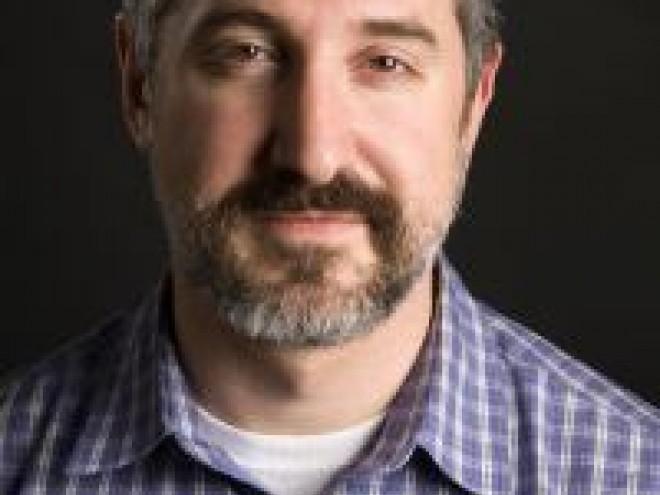My mother grew up hearing a story about my great-grandmother that I never believed: a century ago, in the middle of a Winnipeg winter, my great-grandmother had been nursing her baby on the front porch when a drive-by sniper drove by and shot her dead. The baby at her breast was unharmed.
My mother professed to believe this bubbemeiseh. I always figured I’d get around to finding out the truth someday. I’m a journalist, I thought, cocky; I know how to do research.
But when my mother was diagnosed with dementia — what we would later realize was Alzheimer’s disease — more than a decade ago, the clock started to tick. Suddenly, I wanted to find out the truth now. Before my mother — the keeper of our family stories, and a spectacular storyteller — lost her memory. While my mother, who was named in memory of her slain grandmother, could still understand the truth.
Finally, I was motivated. Finally, I started my research.
But it was not as easy as I’d hoped. Facts I thought would present themselves in a matter of days or weeks of online searching turned out to be more elusive. Relatives I hoped might have more answers turned out to be hard to find. And as the research got slower, other things “got in the way”: my day job as an editor, a novel I was writing in my spare time, and what I might simply call “my life”: my husband, our friends, the things we like to do together, and the unfortunate reality that no matter how I wish it were otherwise, I still need to sleep at least a few hours at least a few nights a week.
I wanted to find out the truth now. Before my mother — the keeper of our family stories, and a spectacular storyteller — lost her memory.
And my mother. We had always talked on the phone each day; we still did, although the conversations became more repetitive, more superficial, and more frustrating for both of us as her cognition declined. I’d try to keep her informed of any small progress I made in my research — I found a newspaper clipping, I emailed a distant cousin. At first, she was interested and wanted to hear more, but couldn’t remember anything I told her. Then she stopped comprehending what I told her in the first place. Then she forgot the legend she’d known her whole life, about the drive-by sniper.
Then she forgot who I was.
Then she forgot who she was.
I put my research on hold. For months. Even years. What I might find out about her grandmother’s demise wouldn’t make any difference to her anymore.
Her Alzheimer’s drove me to start searching for answers. And then her Alzheimer’s drove me to stop.
I put my research aside, and started focusing on her. And I started reading books that other people had written about their own experiences in similar situations, to see how I might relate — and to see what might lie ahead. I connected most often with Jewish authors, who had families that mirrored my own in many ways: Bob Morris’ Bobby Wonderful. Jonathan Silin’s My Father’s Keeper. And Roz Chast’s graphic memoir Can’t We Talk About Something More Pleasant?—which had me alternately laughing and crying the whole time.
Eventually, my mother moved into a home, and no longer required family members to care for her every physical and emotional need. After my long break, I got back to the research. This time, it was for me. Not for my mother, who was no longer telling this story or any story at all. But in her honor.
Wayne Hoffman is a veteran journalist, published in The New York Times, Wall Street Journal, Washington Post, Hadassah Magazine, The Forward, Out, The Advocate, and elsewhere; he is executive editor of the online Jewish magazine Tablet. The author of The End of Her: Racing Against Alzheimer’s to Solve a Murder, he has also published three novels, including Sweet Like Sugar, which won the American Library Association’s Stonewall Book Award. He lives in New York City and the Catskills.



